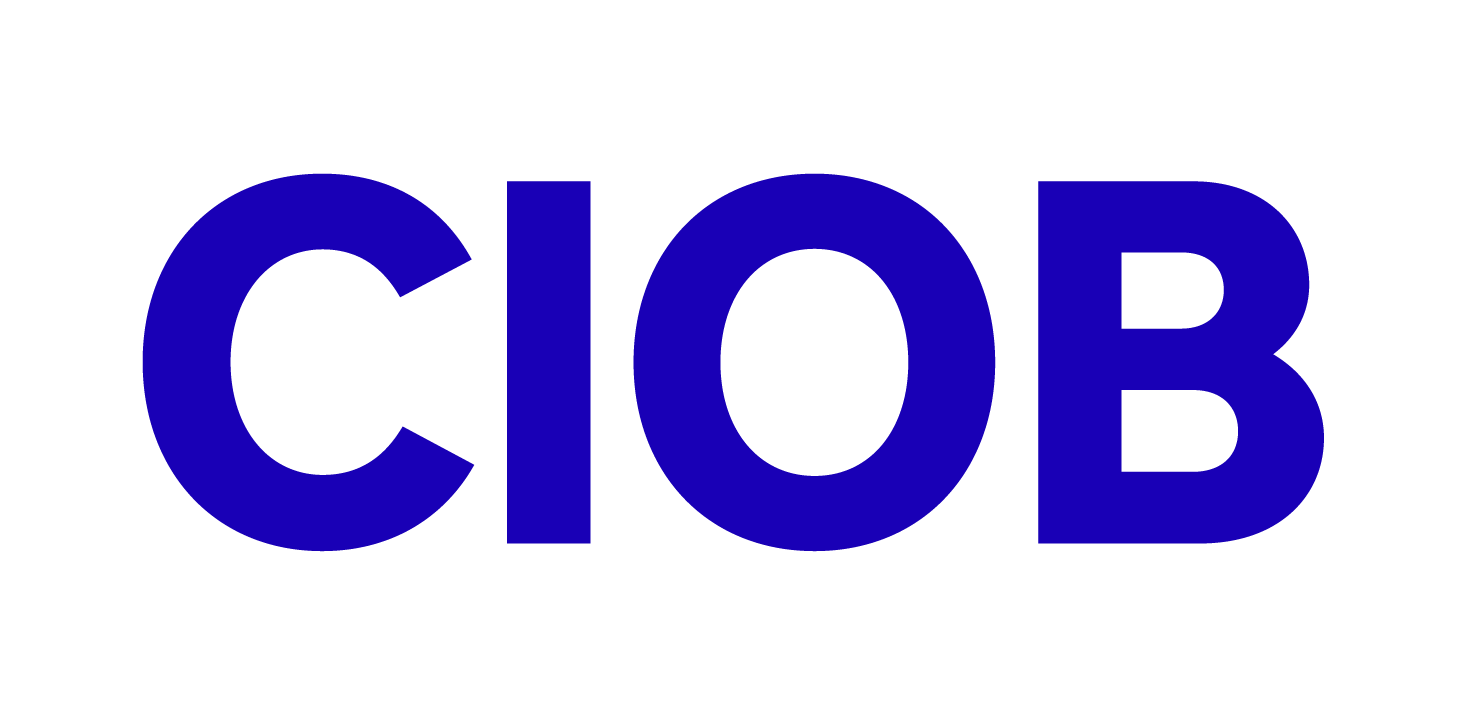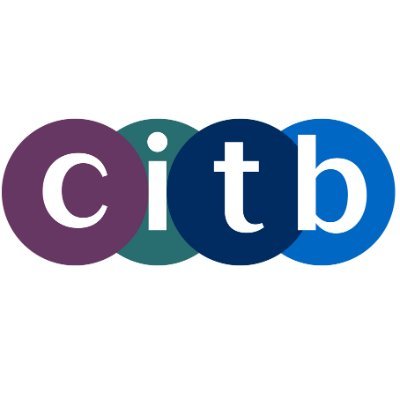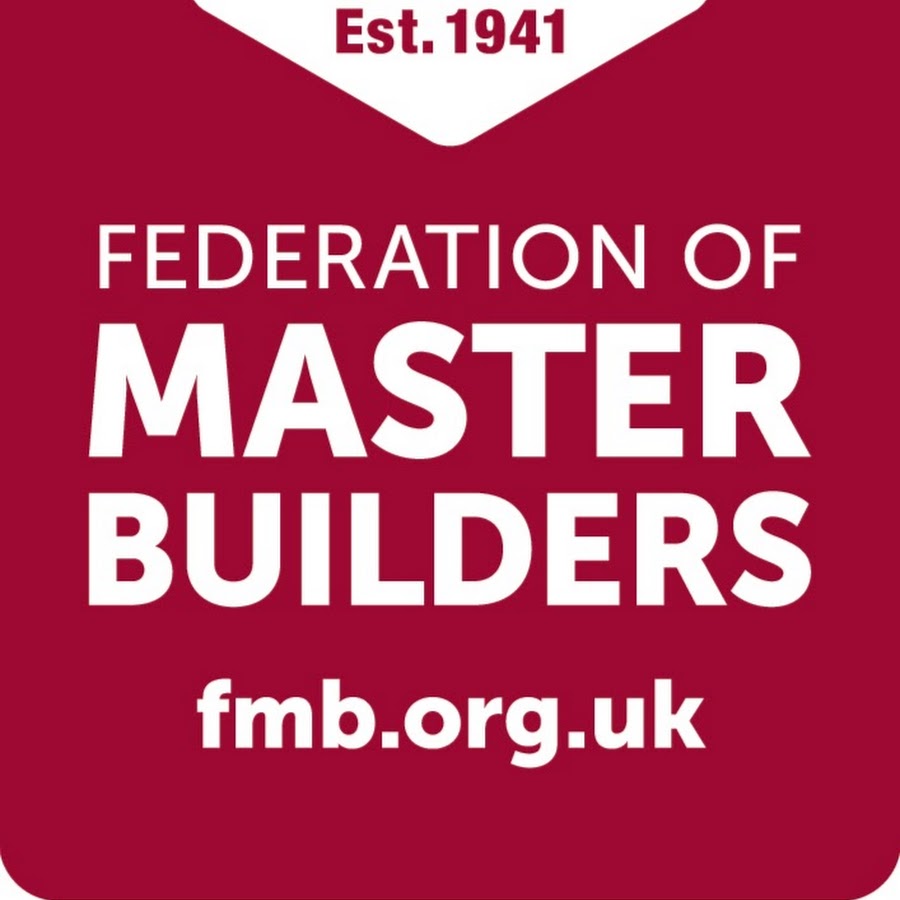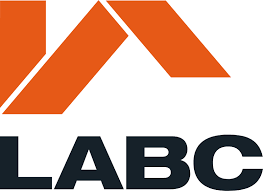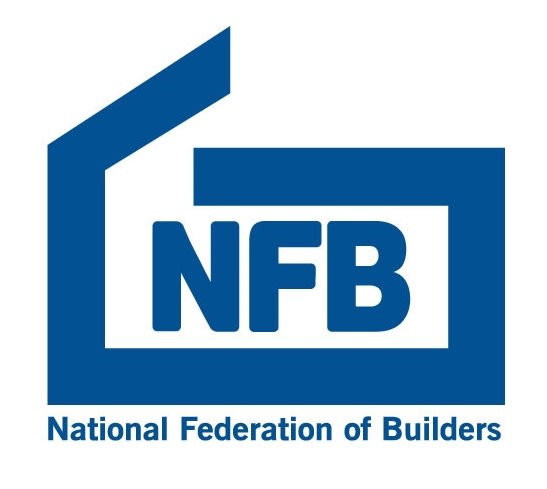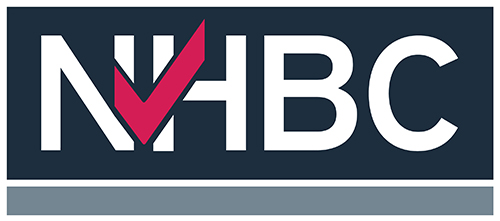Embracing Innovation in Construction: A Response to the MMC Inquiry and Future Pathways
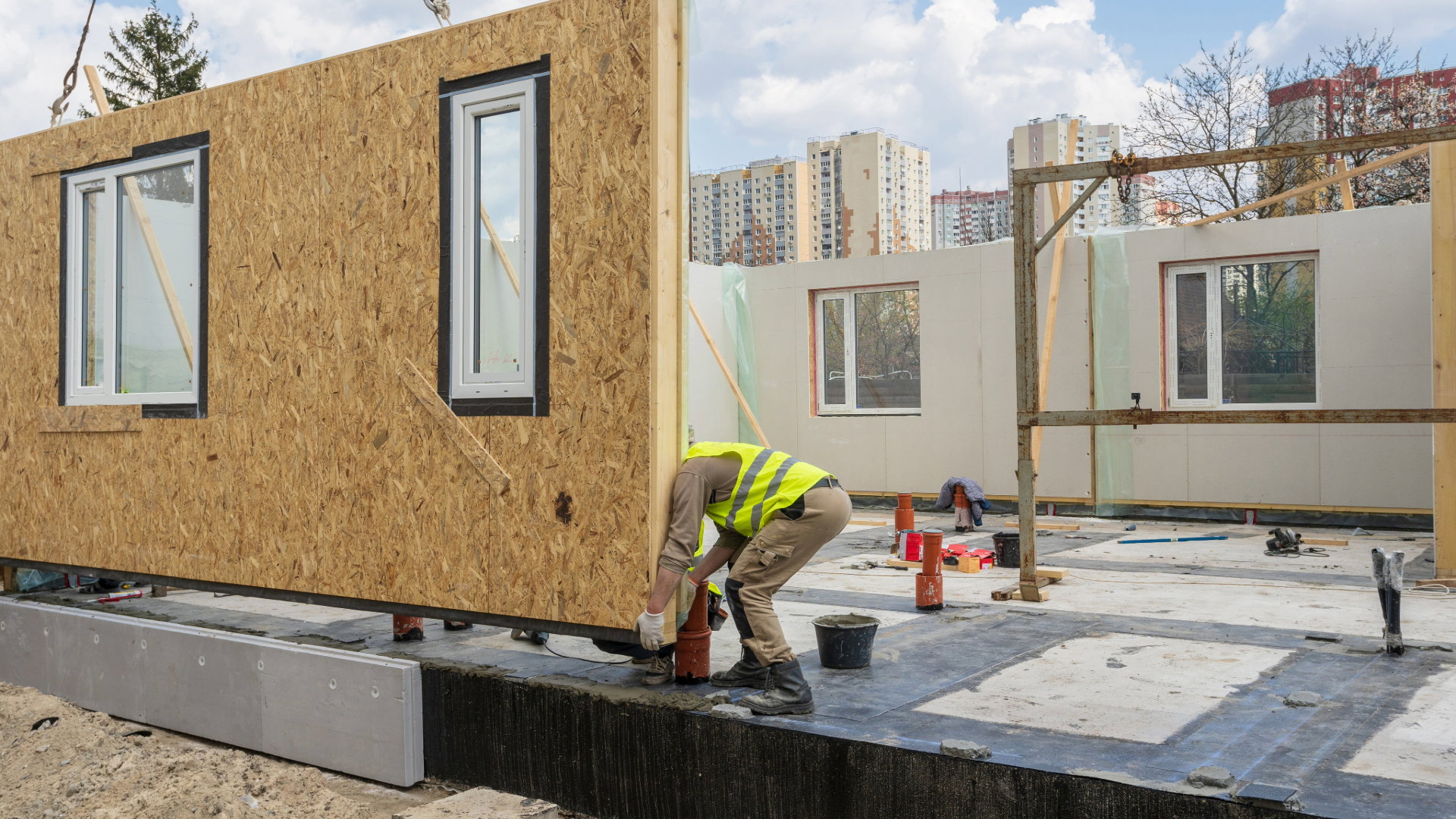
Introduction
The recent inquiry into Modern Methods of Construction (MMC) and the subsequent letter from Lord Moylan to Rt Hon Michael Gove MP, have ignited crucial conversations within the construction industry. As CE Midlands and through our Theme Groups such as the Smart Construction Group, we are uniquely positioned to address these concerns, leveraging our commitment to innovation and excellence in construction.
Background
The inquiry into MMC, titled “Modern methods of construction – what’s gone wrong?”, explores the challenges and setbacks faced in the adoption and implementation of these methods and had a particular focus on Category 1 Pre-Manufactured 3D primary structural systems or, volumetric solutions. The essence of Lord Moylan’s letter to the Secretary of State underscores the need for a re-evaluation of our approach to MMC, highlighting the gaps between ambition and reality in the realm of innovative construction practices.
CE Midlands Smart Construction Group’s Perspective:
1. Innovation as a Cornerstone: As advocates of smart construction, we believe that innovation is not just about the adoption of new technologies but also about a mindset shift. The inquiry
and the letter serve as a reminder that innovation must be underpinned by robust frameworks, clear guidelines, and an understanding of the practical realities on the ground.
2. Balancing Innovation with Practicality: The challenges outlined in the inquiry point towards a need for a balanced approach. It is crucial to blend innovative techniques with practical, on-site applicability. This includes addressing skills gaps, supply chain readiness, and financial models that support MMC.
3. Collaboration and Knowledge Sharing: The inquiry’s findings underscore the importance of collaboration between government, industry, and academia. As a group dedicated to excellence in construction, we advocate for an increased emphasis on shared learning, best practice dissemination, and joint ventures to overcome the hurdles identified.
4. Policy and Regulatory Frameworks: Lord Moylan’s letter calls attention to the need for supportive policy and regulatory frameworks. We propose active engagement with policymakers to shape regulations that are conducive to the adoption of MMC, ensuring safety, quality, and sustainability.
5. Sustainability and Future-Proofing: In line with the global push towards sustainable development, MMC offers significant opportunities for reducing carbon footprint and enhancing resource efficiency. Our theme groups, Smart, Climate and Future Skills, all emphasise the integration of sustainable practices within MMC, aligning with environmental goals and future-proofing the industry.
Conclusion
The inquiry into MMC and Lord Moylan’s letter provide critical insights into the challenges and opportunities within the field of smart construction. CE Midlands’ Smart Construction Group, and the wider organisation is committed to spearheading initiatives that address these challenges, fostering an environment where innovation thrives alongside practical and sustainable construction practices. Our goal is to be at the forefront of transforming the construction landscape, making it smarter, more efficient, and resilient for the future.




